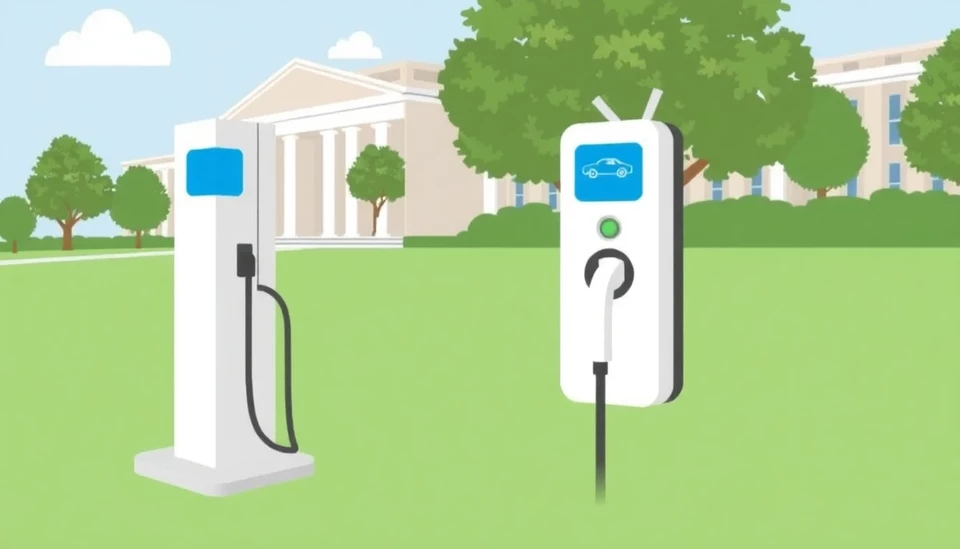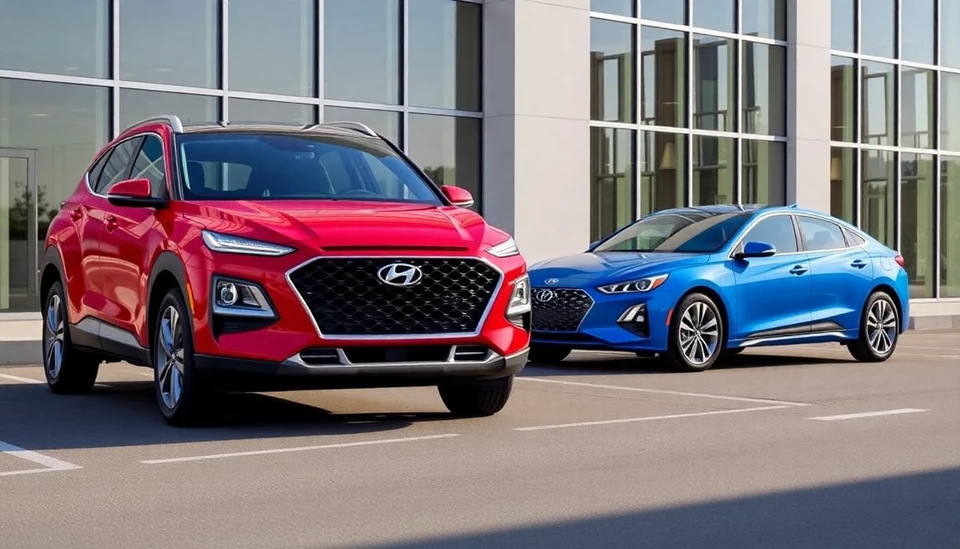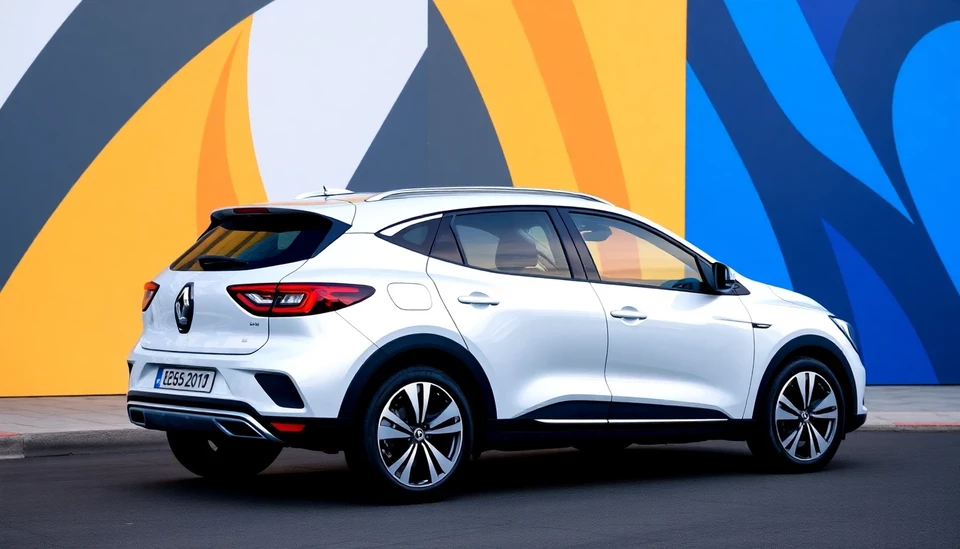
In a surprising move, the U.S. government has announced plans to disable all electric vehicle (EV) chargers located at federal buildings across the country. This directive, which has drawn criticism from environmental advocates and the growing EV community, is set to take effect imminently as federal officials reassess the infrastructure supporting electric vehicles in light of changing energy policies.
Officials state that the decision comes amidst concerns about the efficiency and functionality of the current charging stations. Many of these chargers, installed with the intention of promoting green energy usage, have reportedly faced a lack of maintenance, and in some cases, even systemic failures. This development is particularly disconcerting given the Biden administration’s commitment to electrifying the federal vehicle fleet and advancing clean energy initiatives.
Proponents of electric vehicles have expressed outrage over the decision, viewing it as a setback in the transition to greener transportation solutions. Industry experts argue that access to reliable charging infrastructure is crucial for encouraging everyday consumers to make the switch from fossil fuels to electric cars. Abandoning federal charging stations could further instill apprehension in potential EV buyers about having a sufficient charging network available for their use.
This shutdown of federal charging stations raises questions about the government's long-term commitment to supporting EV adoption. With increasing global focus on climate change and sustainability, many consider it pivotal that federal institutions lead by example in reducing carbon footprints. By disabling these chargers, the administration may unintentionally send mixed messages about its environmental priorities.
The decision has sparked a broader discussion surrounding the adequacy of national charging infrastructure as electric vehicles gain popularity. As manufacturers ramp up production of EVs, ensuring that consumers can access charging options remains a pressing challenge. Critics of the federal decision point out that this move could set back years of progress that was made to integrate electric vehicles more fully into the mainstream vehicle marketplace.
In response to this controversial policy shift, a coalition of environmental groups is rallying to advocate for the restoration of the charging stations. They argue that accessible and dependable charging solutions are vital to achieving the United States' climate goals and reducing greenhouse gas emissions. As the conversation about energy policy continues, stakeholders will be watching closely to see how the government responds to public backlash and whether it will reconsider its stance on electric vehicle infrastructure.
As America navigates this pivotal moment in its energy and transportation landscape, the fate of EV chargers at federal buildings could indicate larger trends that may impact the future of electric vehicle ownership in the country.
#ElectricVehicles #Sustainability #ClimateChange #EVInfrastructure #FederalPolicy #GreenEnergy #BidenAdministration #ClimateCrisis
Author: John Harris




